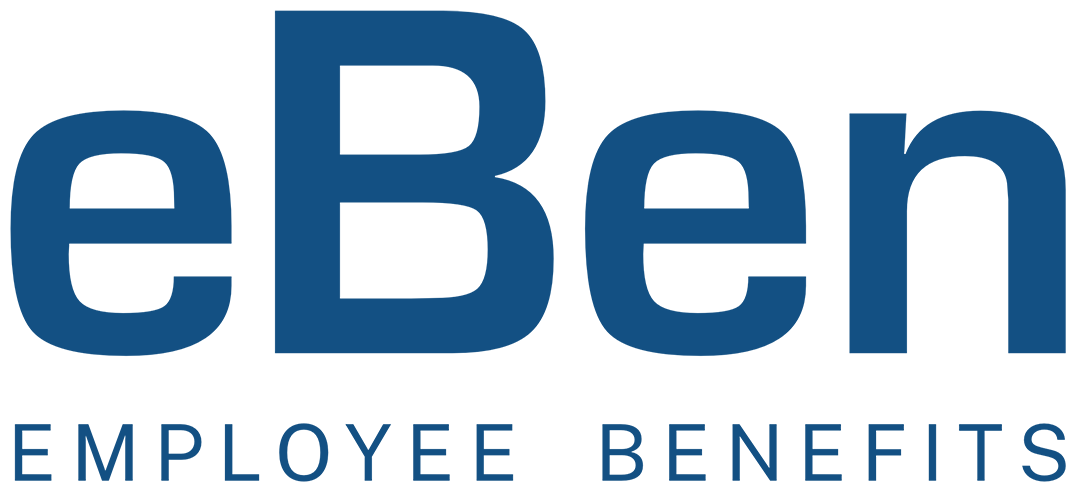The aftermath of the COVID-19 pandemic has resulted in a shift in focus for many employers. While some benefits introduced during the crisis are now becoming integral, others are being reconsidered or dropped altogether. However, employers need to tread carefully, balancing the economic challenges posed by inflation with the evolving needs of a diverse workforce.
Modern Changes in Employee Benefits
 As highlighted by the “2024 Segal Health Plan Cost Trend Survey,” certain benefits introduced during the pandemic are becoming permanent fixtures. Notably, mental health-related telehealth visits have surged, increasing almost fourfold from 2019-2022, demonstrating a significant foothold in an area historically plagued by access concerns.
As highlighted by the “2024 Segal Health Plan Cost Trend Survey,” certain benefits introduced during the pandemic are becoming permanent fixtures. Notably, mental health-related telehealth visits have surged, increasing almost fourfold from 2019-2022, demonstrating a significant foothold in an area historically plagued by access concerns.
Understanding employee needs across generations is an important factor in determining benefits, as a one-size-fits-all approach is likely to fall short. With 5-6 different generations potentially in the workforce at the same time, a successful strategy needs to take that into consideration. Modern strategies should resonate across the generational spectrum.
A Shift in Employee Benefits Offerings
The pandemic catalyzed a wave of enhanced benefits offerings, from mental health solutions to flexible work policies. Even benefits offerings such as virtual care, orthopedic health support, and caregiver support have seen similar improvements. Fast forward several years and some of these newfound benefits are on the chopping block.
In the face of budget constraints, companies are reevaluating both new and established programs. Employers are now scrutinizing their programs for optimal impact within their benefits budget. In this process, many companies have expanded voluntary benefits as a type of supplement. While some programs will endure, others will become obsolete.
Crafting a Benefits Strategy
 To evaluate which benefits might be more valuable than others, an employer should try to measure the success of each benefits program. This entails evaluating employee engagement, feedback, health outcomes, and financial or performance metrics. By conducting surveys, organizing focus groups, and collaborating with benefits committees, employers gain valuable insights that inform decisions regarding the continuation or discontinuation
To evaluate which benefits might be more valuable than others, an employer should try to measure the success of each benefits program. This entails evaluating employee engagement, feedback, health outcomes, and financial or performance metrics. By conducting surveys, organizing focus groups, and collaborating with benefits committees, employers gain valuable insights that inform decisions regarding the continuation or discontinuation
of programs.
Long-Term Considerations
Employers must pay attention to the long-term implications of benefits decisions. Succession planning becomes vital, as major changes can lead to turnover, affecting organizational structure and institutional memory. Employers are urged to examine competitors’ benefit offerings and be cautious about diminishing employee morale and productivity through benefit reductions.
Employee feedback is also something that a company should take into account. Through entities such as surveys, focus groups, and benefits committees, those companies can begin to get an idea of which benefits are the most important to their employees.
Other informative tools like newsletters and company updates can help provide up-to-date information over the entire year, instead of just around important dates and deadlines.
Key Takeaways
Evolving Benefits: The aftermath of the COVID-19 pandemic has reshaped employee benefits priorities, with mental health support and flexible work policies gaining prominence.
Generational Considerations: With multiple generations in the workforce simultaneously, a one-size-fits-all approach to benefits falls short. Employers need to tailor their strategies to resonate across generational differences, ensuring inclusivity and relevance for
all employees.
Strategic Benefits Evaluation: Employers should regularly assess the success of their benefits programs through metrics such as employee engagement, health outcomes, and
financial performance.
Plan for your Future with eBen Employee Benefits Consulting
Foresight is the key to a successful employee benefits strategy. By considering the long-term effects of benefits decisions, employers can strike a balance between fiscal responsibility and the well-being of their greatest asset – their workforce. Adaptability and a nuanced understanding of employee needs will be the guiding principles for sustainable and impactful benefits management. eBen can help provide valuable insight and knowledge in creating a successful strategy for your business. Contact us online to learn more!


